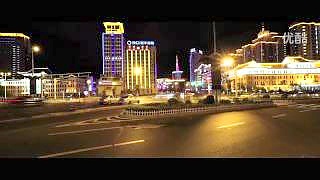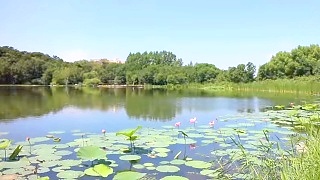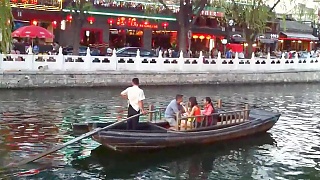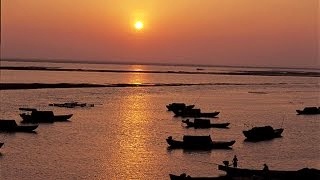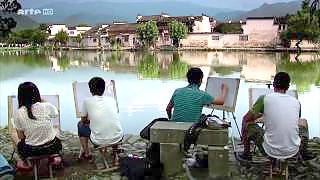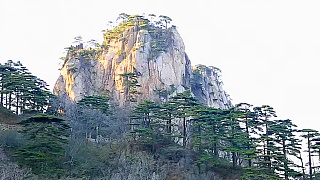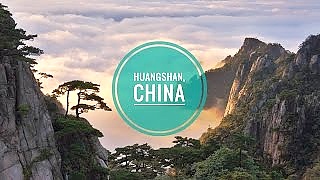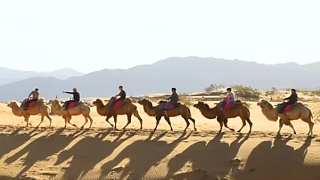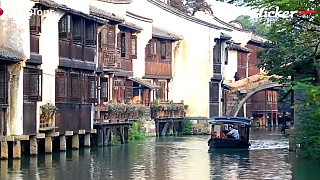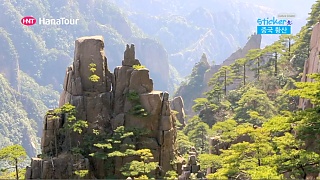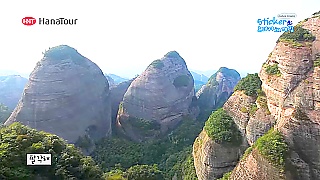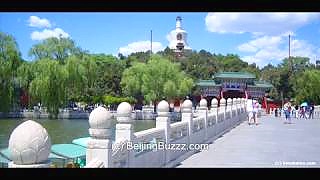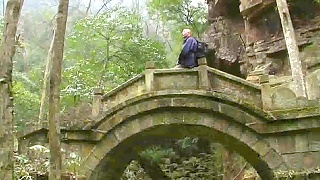ChangBai Mountain, ChangBaiShan ('Ever White Mountain'), is located in the south east of JiLin province, on the border between China and North Korea.
The mountain is actually a volcano, with a height of 2,744 meters (9,000 feet), the highest mountain in north east China. ChangBai Mountain TianChi is the deepest lake in China, which was formed after a massive eruption in the year 946 and is about 5 kilometers (3.1 miles) wide; technically, this is called a caldera. The origin of the name comes from the altitude - 'The Lake of Heaven'. TianChi is surrounded by 16 mountains, which makes the lake just like a gorgeous emerald among them.
The average temperature here is about −24 °C (−11 °F) in January, and 10 °C (50 °F) in July, remaining below freezing for eight months of the year.
Great films by Sticker Travel ...
[640],shadow=true,start=,stop=
 ChangBai Mountain 长白山
ChangBai Mountain 长白山
